Meghalaya’s Behdienkhlam Festival is all about colours and prosperity
Times of IndiaTimes Travel Editor/TRAVEL TRENDS, MEGHALAYA/ Created : Jul 12, 2019, 17:00 IST
You're Reading
Synopsis
Behdienkhlam is probably one of the most famous festivals in Jowai, Jaintia Hills of Meghalaya. It is celebrated every year in the month of July. One of the most colourful religious festivals, Behdienkhlam is celebrated by the Jai … Read more
Behdienkhlam is probably one of the most famous festivals in Jowai, Jaintia Hills of Meghalaya. It is celebrated every year in the month of July. One of the most colourful religious festivals, Behdienkhlam is celebrated by the Jaintia community in the month of July. The people here invoke the gods for a good harvest after sowing for new crop, and rituals are also conducted to avert evil. This year, the festival will be held from July 14, and the festivities will go on for three days. The prime highlight of the festival is the football match between the local teams. Read less
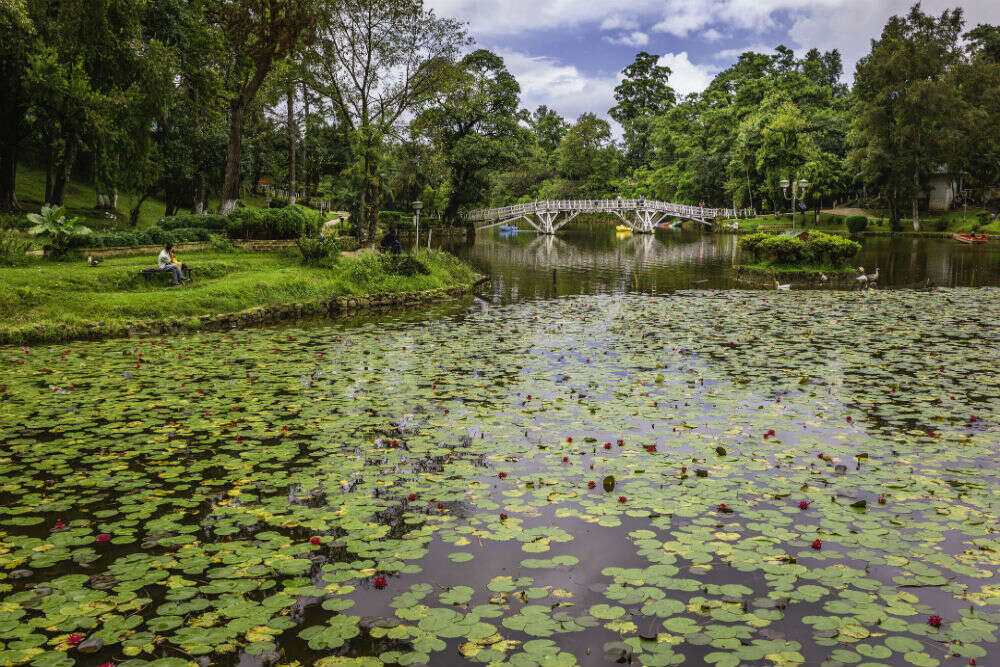
Behdienkhlam is probably one of the most famous festivals in Jowai, Jaintia Hills of Meghalaya. It is celebrated every year in the month of July. One of the most colourful religious festivals, Behdienkhlam is celebrated by the Jaintia community in the month of July. The people here invoke the gods for a good harvest after sowing for new crop, and rituals are also conducted to avert evil. This year, the festival will be held from July 14, and the festivities will go on for three days. The prime highlight of the festival is the football match between the local teams.
Behdienkhlam is a combination of three words, Beh (to get rid of), Dien (wood or log) and Khlam (plague). Together, these words become one and translates to ‘to get rid of plague’. The prime objective of the festival is to pray to the lord for good health and harvest. Folk dance performances are also organised here during this time and people from all over the country gather to witness this vibrant festival and be a part of the celebrations.
The legend
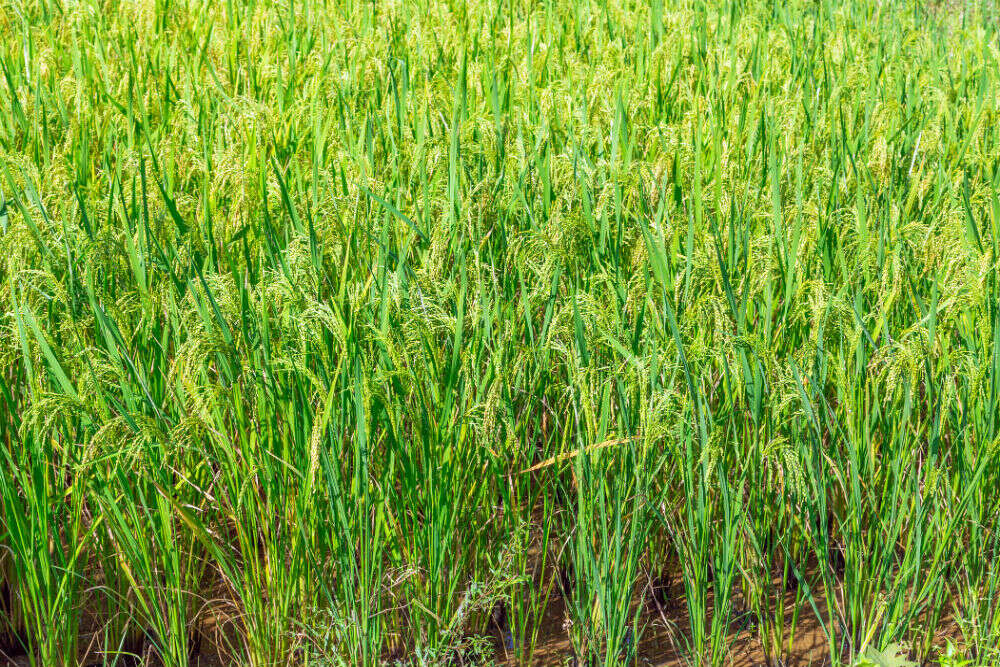
Behdienkhlam is celebrated with much enthusiasm all over the Jaintia Hills; however, to witness the glory of this festival, Jowai town (around 64 km from Shillong) is the best place. Legend has it that once upon a time, the town of Jowai was completely covered in thick forest and no human lived here. During that period, the place had five deities, among which four were stones and one was a river. If you ever visit Jowai, you’ll notice these four stones in four corners of the town. It is believed that once these five deities together wished to send humans in the region, and their prayers were heard when Mongolian tribes made this place their home.
So, after the forest was inhabited by humans, the eldest of all deities, U-Mokhai became happy and started a ceremonial dance that created much thunder and noise. This scared people and they started to leave the forest. Looking at this, U-Mokhai appeared in front of them and asked them to stay.
The celebration
The beginning of the festival happens with the sacrifice of a pig to Knia Pyrthat or thunder. This is then followed by the Wasan or priest, who walks along the main road to the point, where the forest begins while ringing a bell. Later, tribe people take fallen tree trunks from the sacred forest and leave them in the woods for a few days. These trunks are then collected and brought home.
This is the time when people celebrate by singing and dancing. On the last day of the festival, an interesting practice takes place wherein youth along with a priest visit every home in the town. They climb the roof of each house and then beat it with a bamboo stick, which they believe chases away the evil spirits.
If you ever visit the town during the Behdienkhlam Festival, you’ll get to witness the artistic skills of the people. Worth noting are a number of tall bamboo structures, which people decorate with coloured paper and tinsel.

Refrain from posting comments that are obscene, defamatory or inflammatory, and do not indulge in personal attacks, name calling or inciting hatred against any community. Help us delete comments that do not follow these guidelines by marking them offensive. Let's work together to keep the conversation civil.
closecomments
Refrain from posting comments that are obscene, defamatory or inflammatory, and do not indulge in personal attacks, name calling or inciting hatred against any community. Help us delete comments that do not follow these guidelines by marking them offensive. Let's work together to keep the conversation civil.
Visual Stories

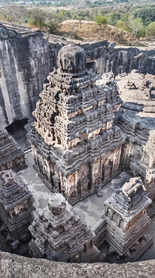
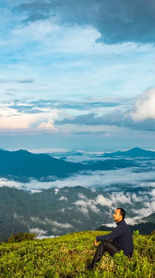

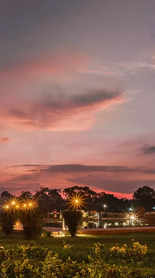

Popular Galleries
Trending Stories
Singapore to get its personal ‘Northern Lights’ in Gardens of the Bay this May!
Exploring Lohagad Fort, the ‘Iron Fort’ of India
10 hottest destinations in India right now!
Leh-Manali National Highway now open for vehicular movement
Kailasa Temple: A monolithic marvel of Maharashtra









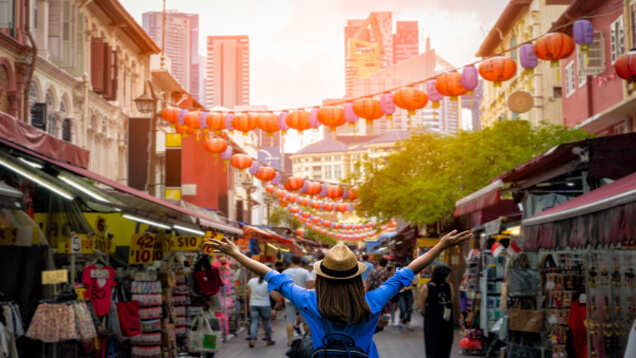


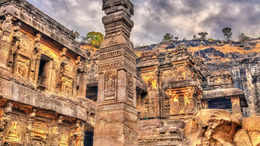


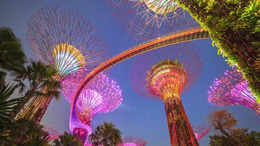





Comments (0)